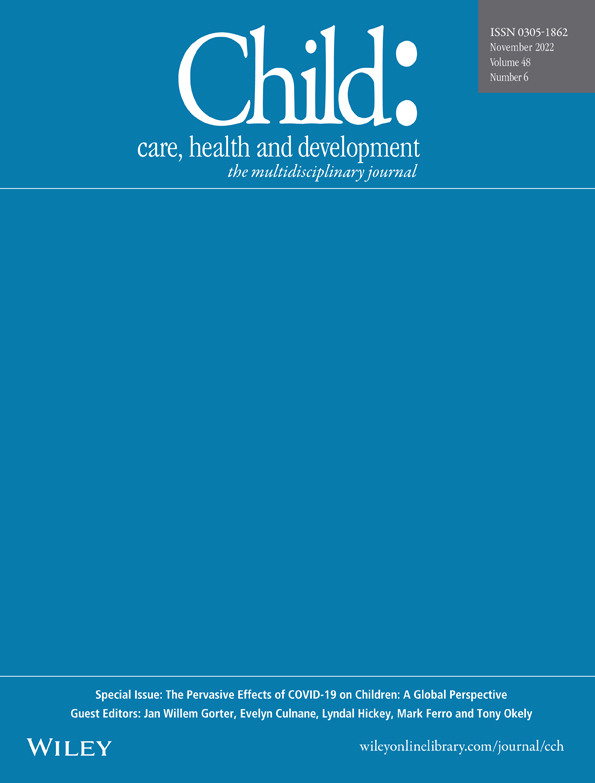Social needs screening during the COVID-19 pandemic
Abstract
Background
Millions of Americans lost their jobs as a result of the COVID-19 pandemic, placing immeasurable stress on families and making it difficult for parents to support their children's basic needs. Research shows that screening for social determinants of health is an important part of a child's well visit, noting that awareness of these factors leads to more holistic and improved quality of care. Due to increased precautions during the COVID-19 pandemic and a significant decrease in well-child visits and in-person appointments, there was a marked decrease in the number of face-to-face opportunities for these screenings. In a time of increased need, methods such as telephone screenings represent an opportunity to assess needs and connect patients and families with helpful resources.
Methods
This study occurred in Baltimore, Maryland at the University of Maryland Pediatrics at Midtown outpatient practice (PAM). Five paediatric resident physicians and 17 medical students developed a telephone welfare screening tool and called families receiving primary care at the clinic over a 9-week period. The team documented identified needs and used a community resources database to provide resources to families over the phone. Data regarding the identified needs was collected and analysed throughout the screening process.
Results
Volunteers contacted 671 families using our finalized screening tool. Of those, 349 answered the telephone call (52%), and 328 (49%) agreed to participate in the screening. Results showed that families commonly identified food insecurity (20%) and symptoms of depression (18%). This was consistent across families' home locations as analysed by postal ZIP code.
Conclusions
This study suggests that telephone screening is a feasible and informative method for identifying and addressing the social needs of paediatric primary care patients and their families. Furthermore, our study supports the notion that there are significant and widespread social needs resulting from the COVID-19 pandemic.
CONFLICT OF INTEREST
The authors have no conflicts of interest to disclose.
Open Research
DATA AVAILABILITY STATEMENT
The data that support the findings of this study are available from the corresponding author upon reasonable request.




